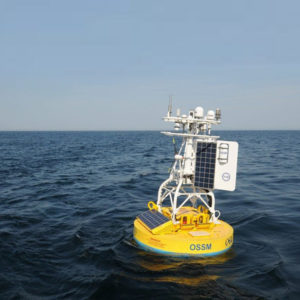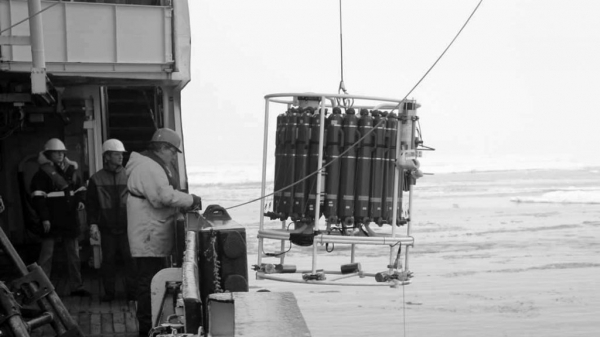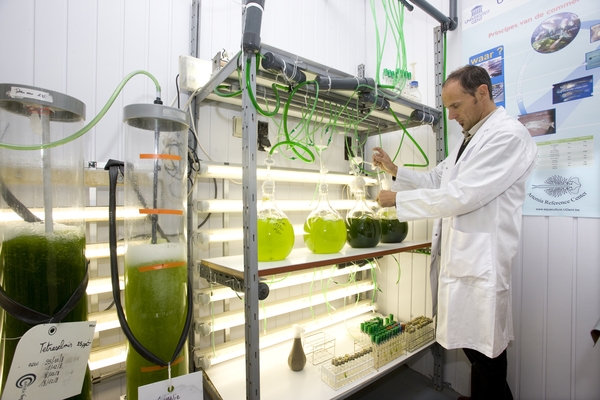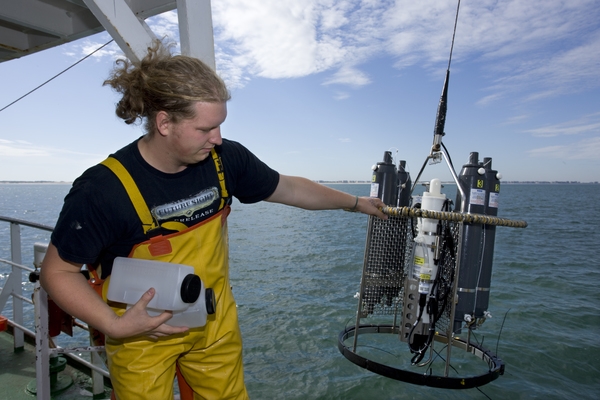POGO seeks to lead innovation and development of the crucial components of the ocean observing system. POGO members are at the forefront of oceanographic methods and technology development, often in partnership with industry, as they are the future “users” of such new technologies. Thus, POGO is in a critical position to identify the emerging methods and technologies that POGO members are developing and using, and highlighting those that can be expanded and deployed on a global scale in order to achieve global datasets of specific parameters measured using common methods. POGO is also strongly focused on the affordability issues associated with ocean observing, particularly for developing countries, and is therefore engaged in projects (such as OpenMODs) looking to develop low-cost sensors and systems for coastal ocean observing.
At the time that the Argo programme was just beginning, one of the first priorities of POGO was to throw the collective weight of its members behind the concept and the world expansion of Argo. Because the members of POGO are directors with the power to commit resources and influence decision makers, a resolution to accord full support to Argo had immediate effect, and the distribution of floats around the world ocean improved rapidly.
Fixed-point time-series measurements were also an early priority of POGO, and POGO member institutions made a concerted effort to support the establishment of OceanSites (coordinated, deep-ocean, multi-disciplinary time-series reference sites), in particular by adding deep temperature and salinity sensors to these sites.
More recently, POGO has been focusing on emerging technologies and pressing issues for biological observations, and has a Task Force supporting POGO with this effort. With funding from the Lounsbery Foundation, POGO held a workshop on Artificial Intelligence and Machine Learning for Biological Ocean Observations, in 2019, and is planning a virtual workshop on products and applications of biodiversity observations using eDNA.
POGO supports projects and Working Groups proposed by its members, which aim to identify and fill gaps in global ocean observation. Observation and innovation projects are also supported by the Nippon Foundation grant, via the NF-POGO Alumni Network for Oceans (NANO).
Presentation on Pillar I, recorded Jan 2021 for POGO-22 Meeting.




